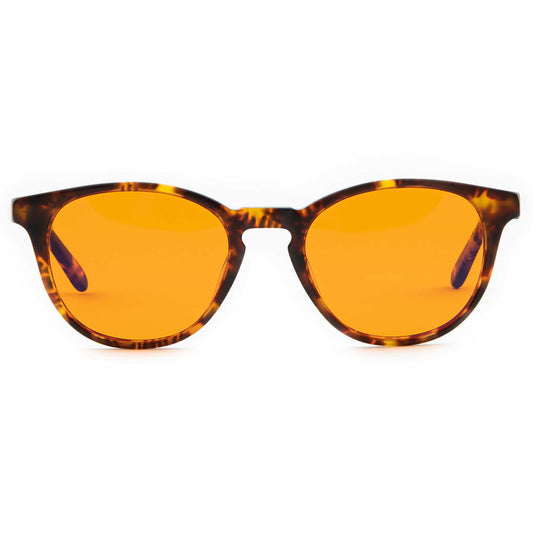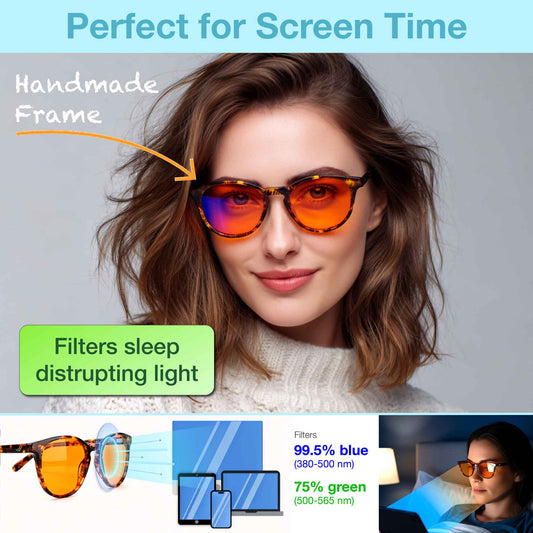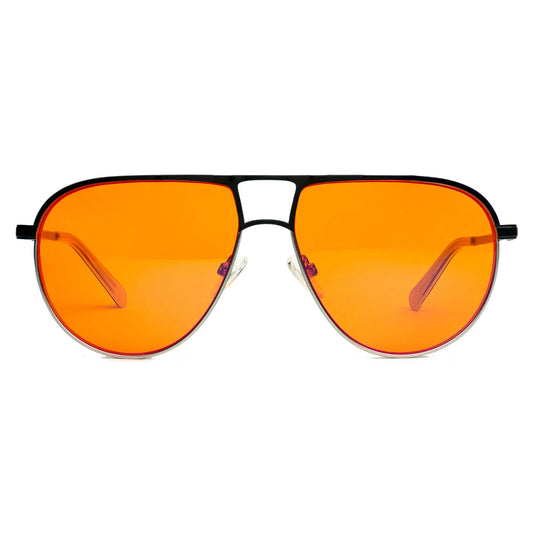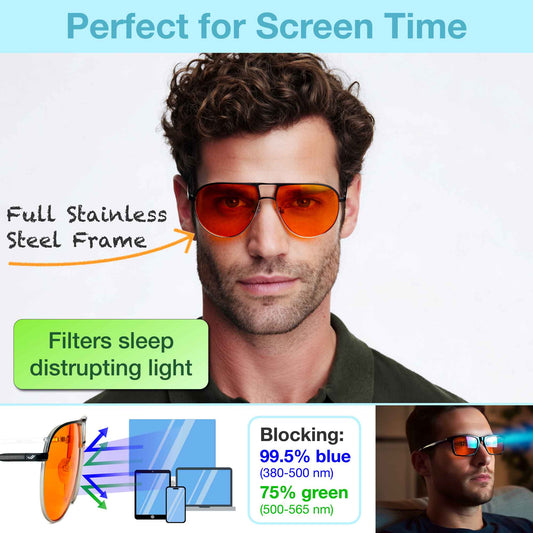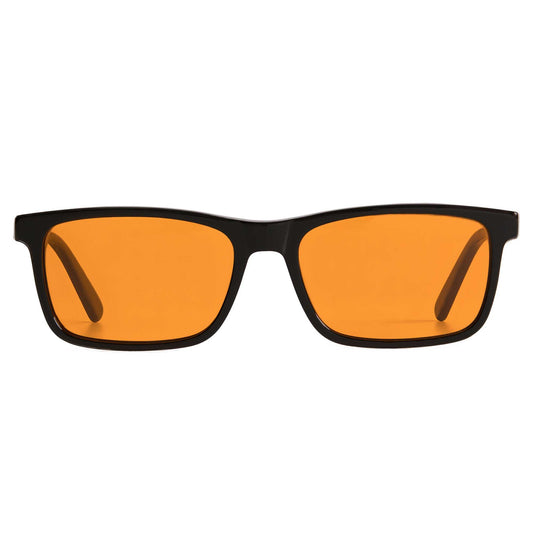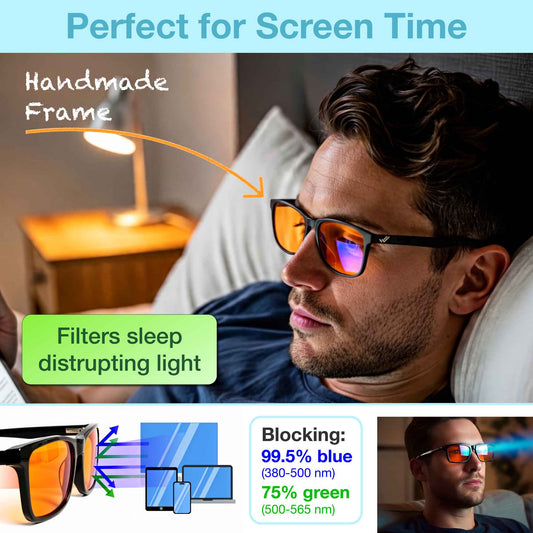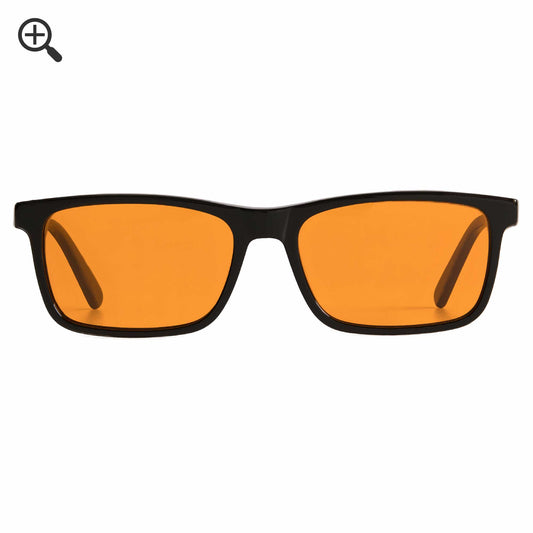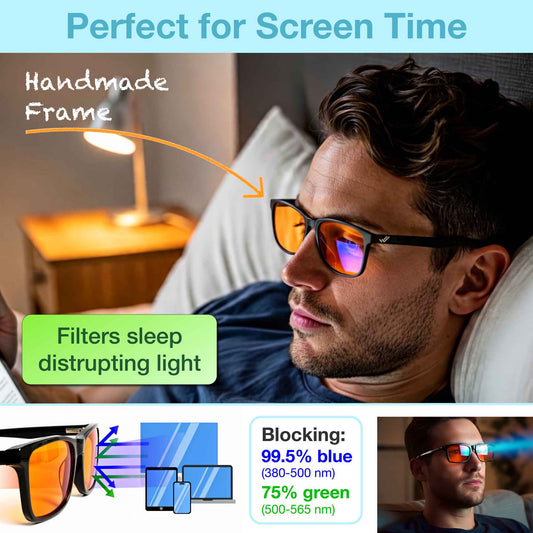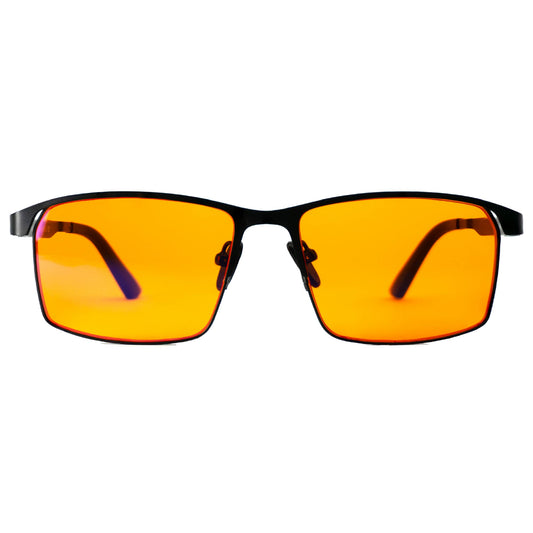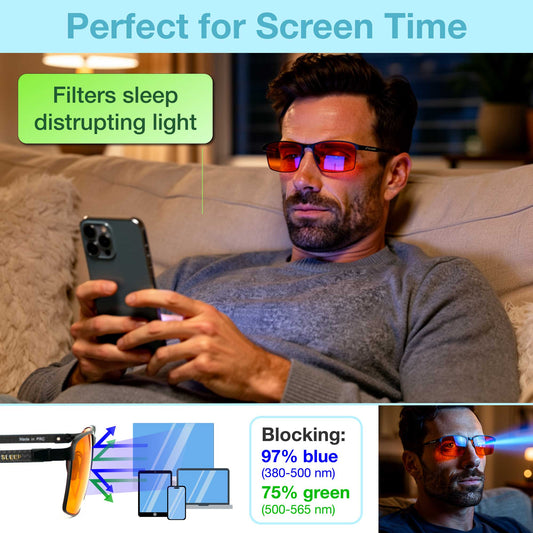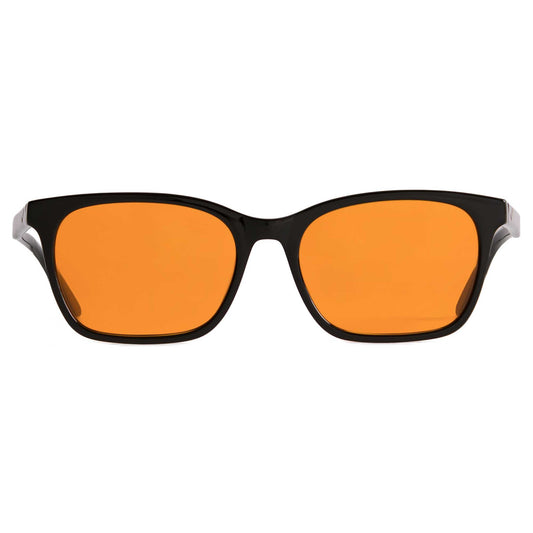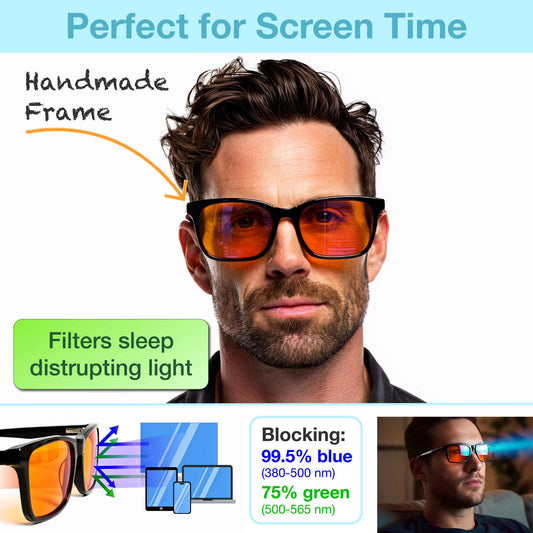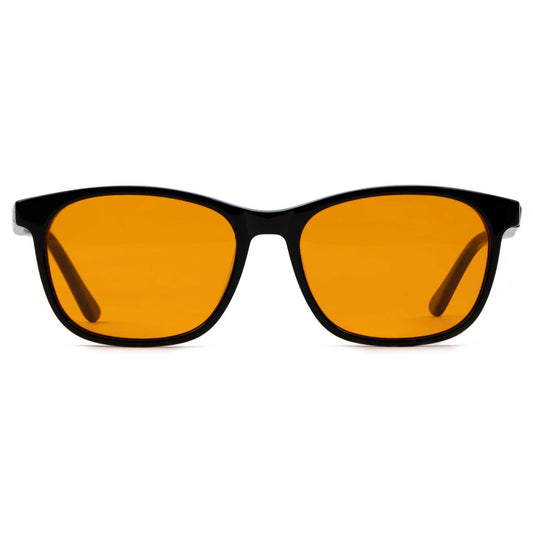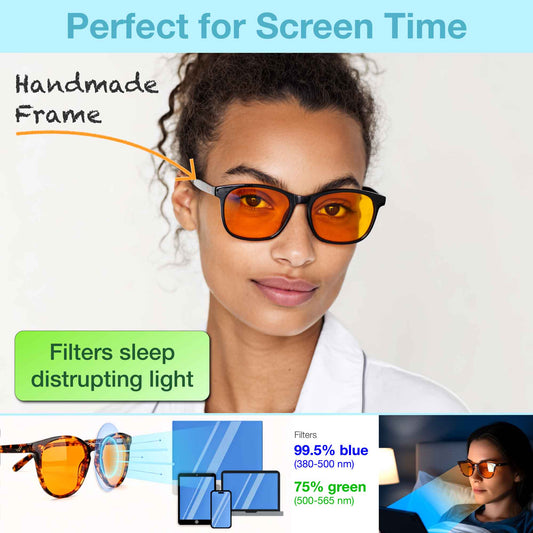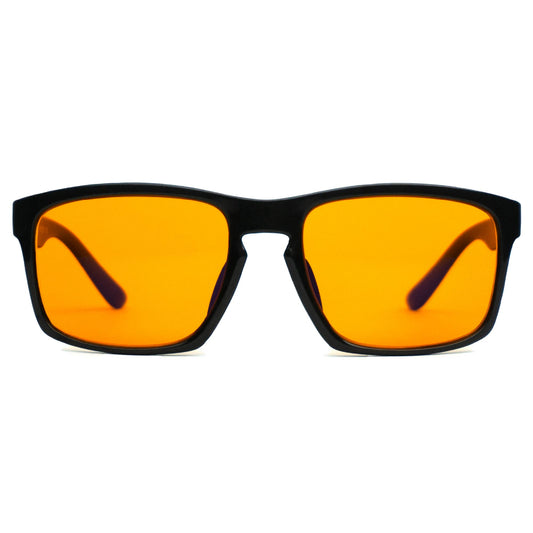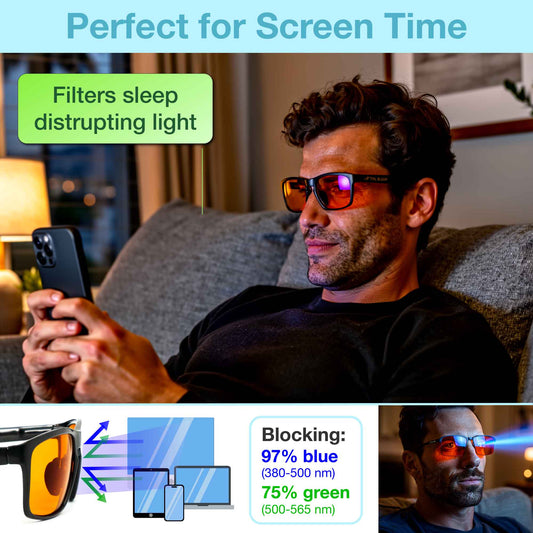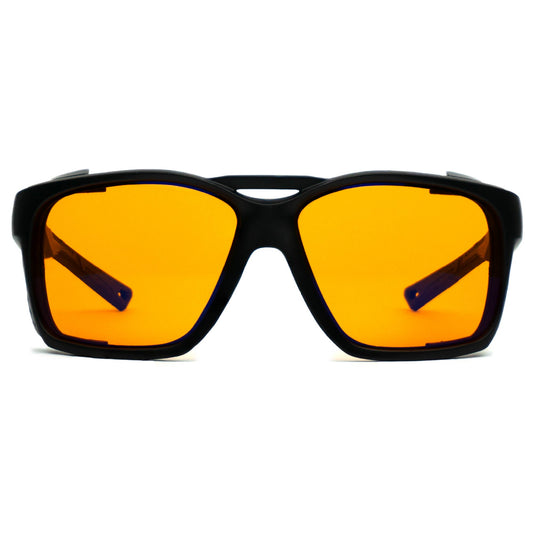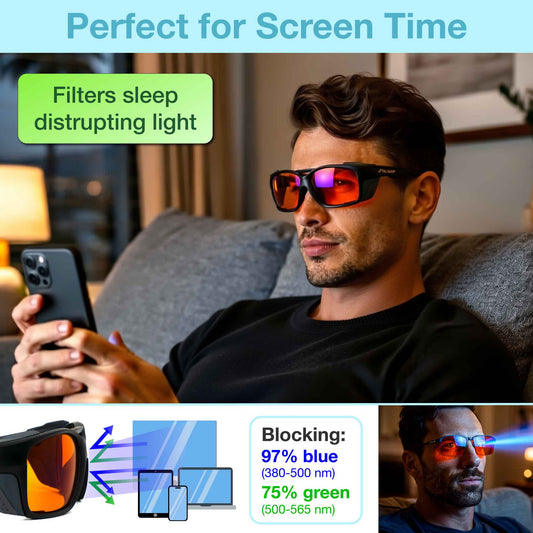In this article, you will learn how the sun is connected to your sleep, and how to make sure to get enough sun exposure for the best sleep.
Most of us living in northern climates have experienced that mid-winter feeling, getting into the new year feeling a bit tired and slow. During the long winter months in many parts of the world, cold temperatures and limited sun exposure are part of daily life. People living in these conditions have a high risk of vitamin D deficiency for several months. This is due to the fact that the body produces vitamin D in response to sunlight.
Studies have concluded that it is the UVB spectrum that activates this photosynthetic process. Vitamin D can be received via foods such as fatty fish and fish oils, as well as via egg yolks and supplementation. As many people become deficient, the role of foods gets put to the side in comparison to the vitamin D produced when getting proper sun exposure.
Optimal health demands good levels of vitamin D. In contradiction to what the name suggests, it is classified as a hormone, important for many physical and mental functions, including sleep. Vitamin D plays an important part in the body’s calcium and phosphorus uptake, contributing to healthy bones. Low levels are associated with increased risks for depression, cardiovascular disease, cancer, and diabetes.
Vitamin D plays a major role in overall sleep quality and duration.This has been shown in studies where low levels of vitamin D have been linked to shorter sleep duration. Both self-assessed and statistically measured differences pinpoint the role of sufficient vitamin D levels for good sleep.
The importance of sunlight for good levels of melatonin
Sunlight is a natural part of most living beings on our planet, directly via photosynthesis or indirectly via eating plants or harvesting solar energy through heat. Our bodies have adapted to a life with full-spectrum light, including essential light within the UV spectrum. In contrast to the widely known fact about vitamin D and sun exposure, the relationship between melatonin and the sun is fairly unknown. It has been demonstrated that the skin has the ability to produce serotonin and melatonin directly via biosynthetic pathways. It is the UVA spectrum of sunlight that is activating this important functionality.
The connection between vitamin D and melatonin
Serotonin is transcriptionally activated by vitamin D. Studies have demonstrated that vitamin D enhances brain serotonin, the direct precursor to melatonin. The interlaced functionality of vitamin D and melatonin are clear. The sun is the most optimal way of improving the levels naturally. Vitamin D is involved in the pathways of melatonin and is directly involved in several enzyme expressions in the brain related to sleep. This makes the sun a natural part of a daily routine to stay healthy with optimal sleep quality.

The importance of the sun’s position for sleep optimization
Most of us living on the outer southern and northern extremities of the earth have felt the urge to travel to better climate zones during cold and short winter days, when we feel that something is missing. Spending most of the time indoors getting bombarded with artificial light. The sun’s strength and spectrum profile vary depending on where we are located on the earth’s surface. Such factors as the level of cloud cover, pollution, time of the year, and duration of exposure are important. The time of the year determines the daily approach angle for the sunlight. This angle will determine if the UVB light is able to penetrate the earth’s outer ozone layer as the first obstacle before reaching the surface.
For the UVB rays to get through, the sun has to be positioned least 45 degrees over the horizon. An easy test can be done to evaluate this. Stand with your back against the sun and look at your shadow on the ground. Estimate the length of the shadow to see how it compares to your height. The sun is sufficient to supply UVB rays if your shadow is equal to or SHORTER than your height.
The UVA spectrum will always be present if you perform and comply with this test as UVA rays’ longer wavelengths more easily penetrate the ozone layer. Thus, a time of the day when this parameter is fulfilled will ensure that the body can photosynthesize both vitamin D and melatonin, optimal for sleep. To see detailed data on the sun’s path in a specific location, we recommend that you visit gaisma.com. The site supplies accurate and detailed information on the sun’s path. With this data, it is easy to see the number of months of the year during which the sun can give you sufficient exposure with regard to sleep.
The sun’s position is in transition all day, from sunrise to sunset, greatly changing how the light is composed. To get the maximal results of sun exposure, make sure to get a healthy 15–30 minutes of sunlight without sunglasses in the morning and later, when the sun is close to its peak. This will ensure the best possible results with regard to daytime alertness, a stable circadian rhythm, and deep nighttime sleep with good melatonin levels at night. It is crucial to sit in the sun without sunglasses or sunscreen. The eyes are a part of the circadian rhythm regulation. The eyes use the surrounding light environment to regulate the wake and sleep cycle, setting the start of the day with early morning exposure. Sunscreen is important during days of excessive sun exposure, as it will actively filter out most off all ultraviolet light. So, the bottom line is to get enough exposure every day and, at the same time, be aware of a balanced, safe overall dose.
How to boost your sleep further?
We can assume that, historically, we lived in better harmony with nature, waking up and going to bed according to the natural sunlight hours. Our inner circadian rhythms could be kept synced with minimal distractions such as the many digital devices of today, which emit large amounts of artificial blue light.
THL SLEEP is the market-leading brand for blue light blocking glasses specially made for sleep improvement. As for the sun, it is important to block out blue light at night to optimize your sleep. We rank enough sun exposure and reduced blue light at night, as two of the most effective ways to get better sleep.
We hope this article has been helpful for you, giving you a quick overview of the benefits of sun for sleep improvement. Let us educate others about the sun and its connection to better sleep.
Share this article to help others improve their sleep naturally.
Happy Deep Sleep,
Oskar Eriksson, M.Sc.
The Sleep Engineer™





